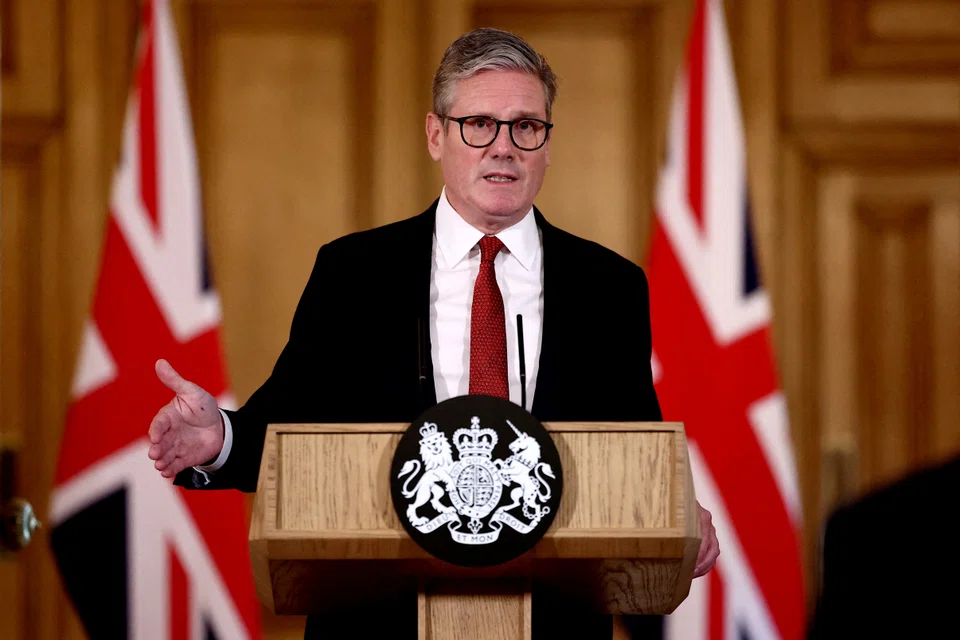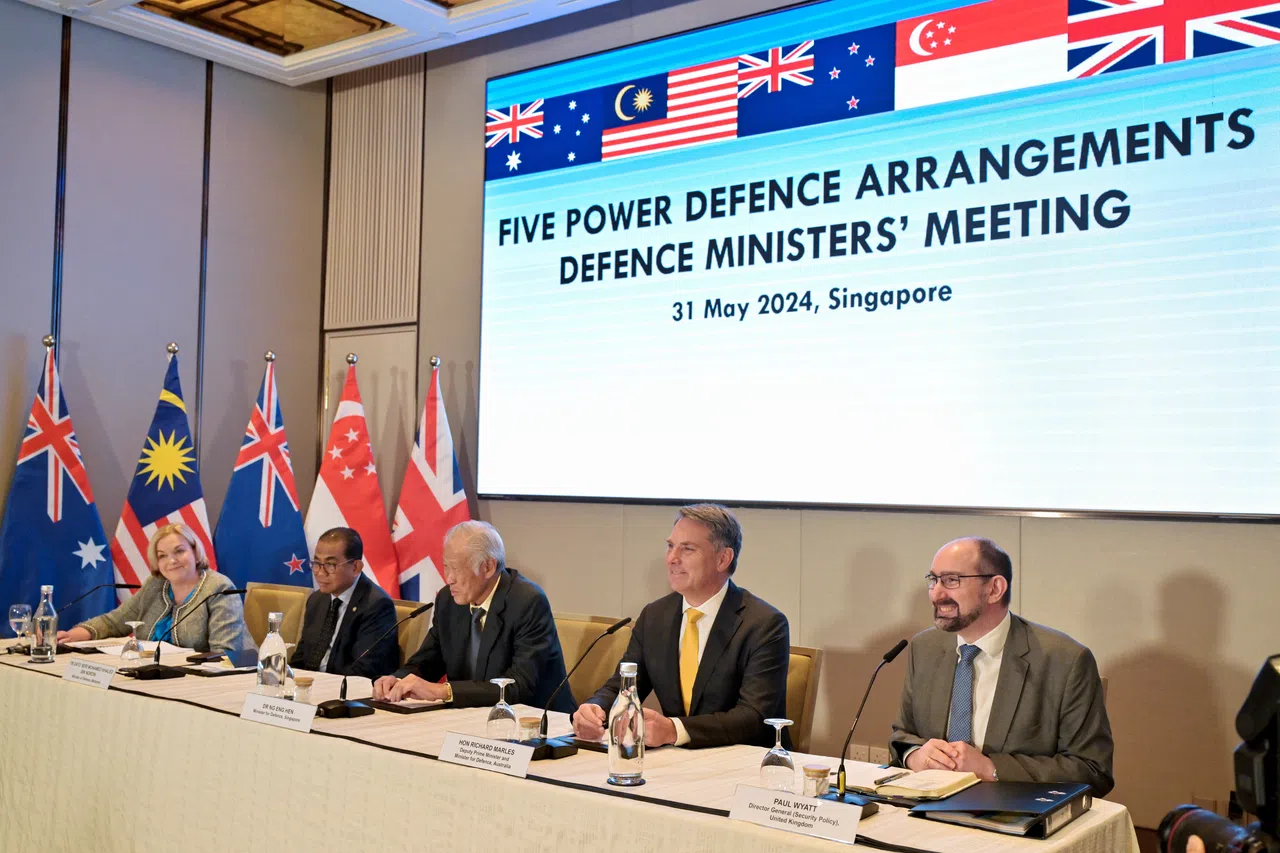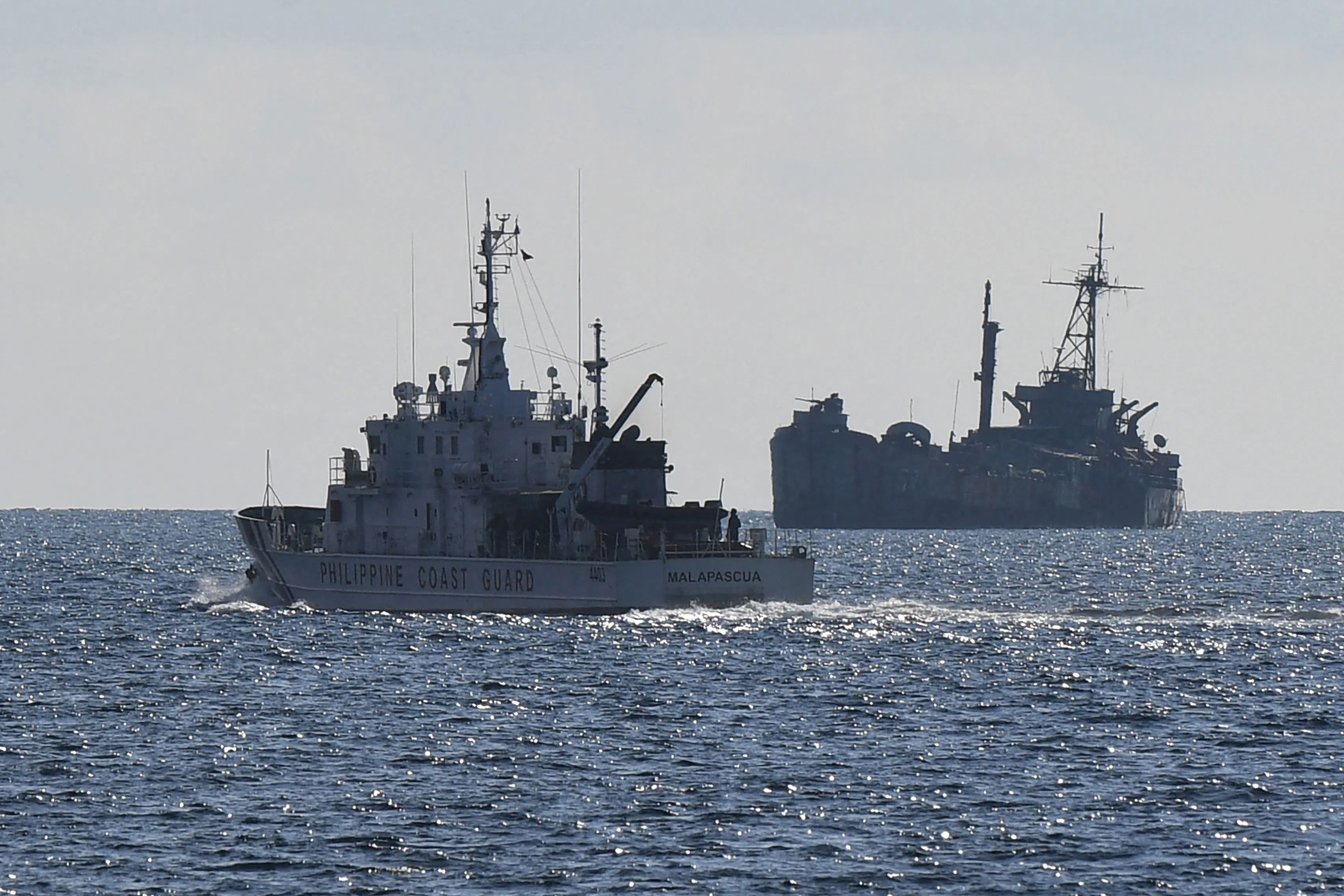UK and the Indo-Pacific: Get real about progressive realism
The UK might be scaling down its footprint into the Indo-Pacific. This is a bad idea.

The new UK government has kept relatively mum on its approach to the Indo-Pacific. Following his ascent to the premiership in early July, Prime Minister Keir Starmer busied himself with resetting ties with Europe in the form of the European Political Community (a loose grouping of countries in and around the European Union) and participating in a NATO summit in Washington.
UK unclear about plans to engage the Indo-Pacific
There has been a stress on the need for “progressive realism” — using realist methods to prosecute progressive ends — and a touted audit of London’s relations with China. But overall, the UK has expressed little about its plans to engage the Indo-Pacific. This is lamentable, given the region’s economic dynamism and geopolitical weight.
John Healey, the new defence secretary, has already given a big hint as to London’s overall policy direction. Under Labour, he said in an interview, London will remain a staunch ally of Australia and New Zealand. But Britain cannot be a “strong military force in the Indo-Pacific and Euro-Atlantic simultaneously”.
There are reasonable grounds for such an approach. Britain’s defence budget is stretched. The previous Conservative government sought to raise Britain’s defence spending from 2.3% of GDP to 2.5% in the long-term, but this was conditioned on favourable “fiscal and economic circumstances” Labour has put down the same aspiration, but contingent on a review of defence strategy.
... any form of retrenchment from the Indo-Pacific, and in particular ASEAN, would be detrimental to the UK’s long-term interests in the region.

Britain is focused on shoring up Ukraine in the war with Russia, and on its participation in NATO and European security, particularly with the possibility of a second Trump administration come January 2025. This is true to form for Labour, which has traditionally been an Atlanticist party.
Longstanding interests in the region
That said, any form of retrenchment from the Indo-Pacific, and in particular ASEAN, would be detrimental to the UK’s long-term interests in the region.
Britain has longstanding interests in the region, as highlighted by its “Refresh” of its 2021 Integrated Review in 2023. The 2023 “Refresh” doubled down on the UK’s so-called “tilt” towards the Indo-Pacific. In 2021, the UK secured a dialogue partnership with ASEAN. Two years later, it signed the accession protocol to the Comprehensive and Progressive Agreement on Trans-Pacific Partnership (CPTPP).
The UK has also latched itself to the mast of Australia-UK-US (AUKUS), the trilateral security partnership between the three allies. This would see the forward deployment of an UK Astute-class submarine in Western Australia later this decade. Likewise, the UK is part of the Global Combat Air Programme with Japan and Italy.
Following its withdrawal east of Suez in 1967, the UK retained a security footprint in the region with the Five Power Defence Arrangements. It has detachments in Singapore and Brunei and maintains two forward-deployed offshore patrol vessels in the region.
... the UK could also participate in so-called “Quad-lite” exercises (working with Quad countries, without the “Quad” brand) with like-minded Southeast Asian countries...

No wonder, the UK was ranked among the major powers as the sixth most strategically relevant to ASEAN in ISEAS’ 2024 State of Southeast Asia Survey, just above Australia (to much consternation in Canberra, which considers itself to be far more involved in Southeast Asia and the region than London).
More importantly, the new UK government cannot argue that more pressing concerns in the Atlantic and Europe should lead to reduced commitments in the region. Japanese Prime Minister Fumio Kishida put this across well: today’s Ukraine could well be the East Asia of tomorrow. That is, conflicts on the western end of Eurasia can come home to roost in the eastern part, and vice versa.
What can be done? As a start, the UK should continue to ask for a seat at the table at the ASEAN Defence Ministers’ Meeting Plus and the East Asia Summit, building on the momentum of its conferment as an ASEAN dialogue partner in 2021.
The previous Tory government had announced the Royal Navy’s Carrier Strike Group (CSG) will visit Japan as part of its Indo-Pacific deployment in 2025, with a previous such deployment occurring in 2021. Labour should greenlight this, as such deployments contribute to keeping sea lanes open and deterring possible adventurism by big powers in the region.
Working together to keep China’s assertive actions in check
This CSG would likely train with the navies of the US and Japan — two powers which are the key members of the Quadrilateral Security Dialogue, which seeks to manage the challenge posed by China. Given that Southeast Asian countries remain wary about assertive Chinese actions in the South China Sea, the UK could also participate in so-called “Quad-lite” exercises (working with Quad countries, without the “Quad” brand) with like-minded Southeast Asian countries, demonstrating the active presence of other powers in the region.
A good example would be Super Garuda Shield 2023, which involved six participating contingents (such as Indonesia, the US, Japan and the UK), and 9 observer countries. The exercise last year was timely given Indonesia and China’s standoffs in disputed waters off the Natuna islands.
... the UK should provide assistance to countries which are seeking to build their own capacities to defend the existing rules-based order.

Beyond this, the UK should provide assistance to countries which are seeking to build their own capacities to defend the existing rules-based order.
One cost-effective option would be a reciprocal access agreement (RAA) with the Philippines, which stands at the forefront of the South China Sea dispute with China. This is not a bridge too far: the UK has signed a similar RAA with Japan; Tokyo has similarly inked a RAA with Manila on 8 July this year and a similar agreement with Australia in 2022.
The Japan-UK RAA would also allow Britain to generate significant bang for its buck, as the RAA would not require it to maintain a permanent deployment of troops while also allowing for greater flexibility in the conduct of joint training and exercise. In fact, the latter is key to upholding regional stability, as Japan and the UK can plan for “complex military exercises and deployments” in their own territories as well as the wider Indo-Pacific (most likely with like-minded countries such as Australia, the Philippines and the US).
To follow the path of Japan, London should also consider augmenting its existing training with coastguards in Asia by providing coast guard ships to countries such as Malaysia and the Philippines.
Expectations of a British military contribution to a Taiwan Strait contingency are low. But it is likely that the US would value the deployment of UK forces already in the region. According to an IISS report, Whitehall should at least consider some forward planning as to the likely assets that it could bring to the region in the event, be it a naval task group or a brigade-sized land force.
It goes without saying that any major power’s regional engagement is contingent on whether it serves the national interest and is sustainable. London’s own withdrawal “east of Suez” in 1967 serves as a stark reminder of the need for a considered and sustainable approach to maintaining one’s national interests. Ultimately, the sheer importance of the Indo-Pacific to Britain’s national interests behoove it to lean more towards the dynamic Indo-Pacific than away.
This article was first published in Fulcrum, ISEAS – Yusof Ishak Institute’s blogsite.






